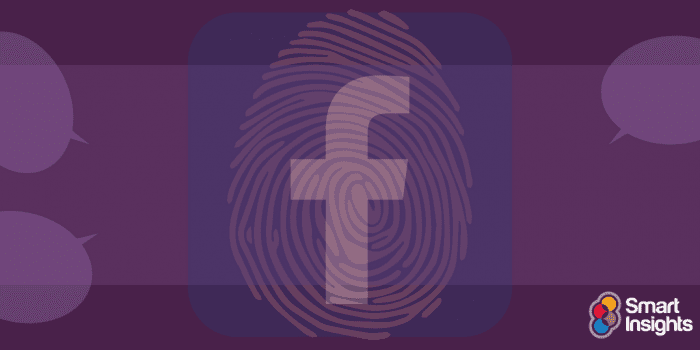After two days of appearing in front of Congress, Mark Zuckerberg’s Facebook platform largely avoided any negative repercussions, it grew!
Last month, Facebook experienced the biggest “scandal” in the history of the company when it was revealed that tens of millions of users had their data improperly and illegally compromised in the interests of targeting voters for the 2016 US presidential election. A clamor was heard from Facebook users worldwide and when the public DEMANDED answers, Facebook founder and CEO Mark Zuckerberg was called to testify before Congress. After two days, he exited unscathed. Not only did Facebook largely avoid any negative repercussions, it grew.
What does this tell us?
Short of Armageddon, Facebook will survive anything. For all the fervor about #DeleteFacebook, the user-base actually increased. Do you have any friends that were regular users that jumped ship and stayed off? Probably not many, if any. Your friends list is probably still in the hundreds or thousands, and you are likely still opening the app 8 times and spending around 40 minutes on the platform per day.
Where are you watching videos, reading news, looking at pictures of the kids, and giggling at cat memes? You’re still doing it all on FB. You’re not going anywhere, and neither is anyone else. At this point, saying you’re quitting Facebook is like saying you’re going to quit texting to be more personal and not so “plugged in”. You’re just lying to yourself
So, considering the fact that nothing seems to have changed too much, what can marketers and business take away from this whole debacle? A lot, actually.

Keep on keeping on
Unless you’re only posting organically (don’t even get me started on organic posts) or you have no idea how to measure and test the effectiveness of your messaging, you’d have a hard time making a case against advertising on Facebook. However, that didn’t stop brands like Pep Boys, Commerzbank, and Mozilla from pulling their ads from the platform completely. While this move may have given the aforementioned companies a quick shot of customer loyalty into the bloodstream, that kind of value is short-lived, and the strategy itself is myopic and poorly-researched.
Facebook recently released quarterly financial data for the first time since the Cambridge Analytica revelations, and the results show no sign of advertisers or users abandoning the platform. In fact, Facebook saw a year-over-year increase in ad revenue of 50% for 2018 Q1, far higher than the 30% or so that had been speculated.
As long as your targeting is accurate and your messaging is relevant, the data does nothing but positively reinforce the validity of advertising to an audience of over 2 billion users.
Don’t immediately admit fault in the event of a PR crisis
Learning to say “I was wrong” might have a positive impact on your marriage, but it can be damaging to your business.
As Erik Huberman, founder of Hawke Media, said in response to Netflix’s smooth handling of the PR crisis around it’s hit show “House of Cards” last year, “No matter who you’re trying to save face with — customers, the media or competitors — if people smell blood in the water, they’ll be all over it. If possible, avoid the words, “We’re sorry” unless such an admission is absolutely necessary.”
While Zuckerberg did issue an apology for the role that Facebook played in the situation, his “I’m sorry” was more an apology for what another company (Cambridge Analytica) did with his platform, rather than admitting that Facebook had any specific hand in the dissemination of information. Zuck & Co.’s “sorry-not-sorry” apology was meant to assuage the feelings of betrayal within their user base without directly saying they had anything specifically to do with the improper use of user data, which, at least initially, it looks to have accomplished.
People will do just about anything to save time and money
There’s one aspect of this that nobody is talking about: users made the conscious decision to freely give up their privacy for the sake of convenience.
As a matter of fact, the term “leak” or “breach” is an inaccurate way to describe the whole fiasco. The data was collected as part of an app that users downloaded, then happily clicked the “Sign up with Facebook” button to save them the 60 seconds it would take to enter their information organically. In fact, there was fine print that stated what information they would be giving up by signing up with the Facebook button.
There’s also the minuscule financial commitment it would take to eliminate ad serving on Facebook all together, hypothetically. For instance, in North America, if every Facebook user paid $7 per month, Facebook would equal it’s same revenue for this demographic of users.
The moral of this story? Make people’s lives easier and save them a few bucks and they’ll be much more willing to look past any product failures.
Looking forward
Like I said before, Facebook seems pretty indestructible at this point. Short of Zuckerberg going door-to-door to kick every user’s dog, it doesn’t look like anything is going to stop the social media behemoth. When times get tough, follow the Facebook recipe — keep doing what’s working and wait for sunny skies tomorrow.